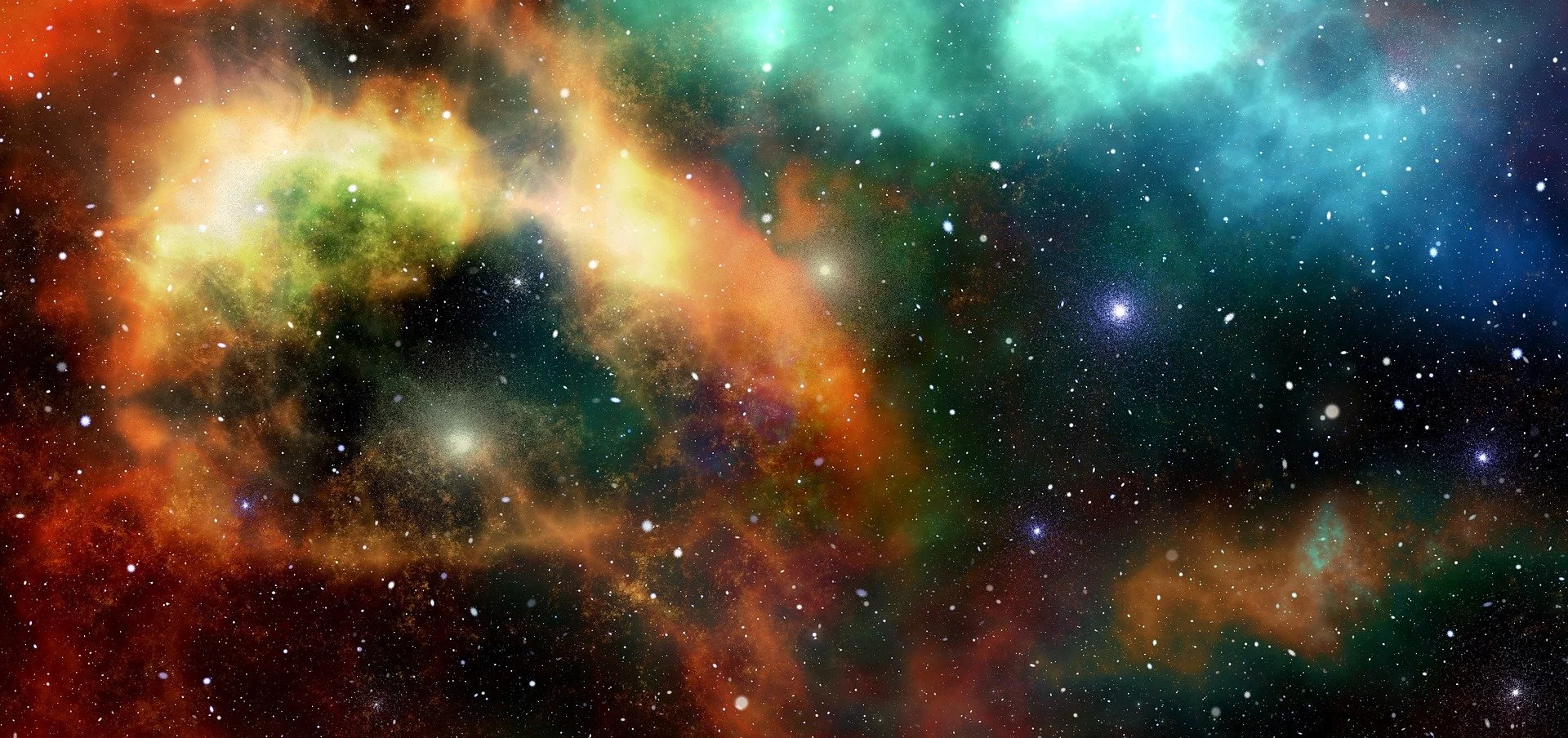New research puts age of universe at 26.7 billion years, nearly twice as old as previously believed::Our universe could be twice as old as current estimates, according to a new study that challenges the dominant cosmological model and sheds new light on the so-called “impossible early galaxy problem.”



The idea of evolving fundamental constants is pretty mind blowing to me. Is this a well based theory?
I mean, it’s a bold idea, but I don’t find it so shocking.
It’s well possible that what we call a “fundamental” constant is a variable that depends on other deeper variables. For instance, an earth-bound observer might consider acceleration in freefall to be a constant, but knowledge of universal gravitation tells us it’s a variable that depends on the masses of the objects involved and distance between them.
It makes sense that other ostensible “fundamental constants” are also dependent on the structure of the universe at any given point in space and time, but the limited window of our observations makes them appear as constants.
Sure, but I wouldn’t call gravitational acceleration on earth a fundamental constant, since it’s only locally useful. If something like the charge on an electron started changing though, then there would be profound consequences on the way the universe works
I don’t disagree; I was using g as an example of a variable that appears constant under a specific set of circumstances. Obviously the charge of an electron is much more consistent.
Well, yeah. We know for example that the coupling constant of the strong, weak and electromagnetic interactions are “running”, i.e. they change depending on what energies the interacting particles have.
https://www.physicsmasterclasses.org/exercises/keyhole/en/projects/running_alphas.html
That’s why we assume that those interactions are all part of one single, more fundamental interaction at very high energies. We already know that the electromagnetic and weak interaction combine into a single interaction at high energies, and it looks like the strong interaction will combine with that at even higher ones.
This doesn’t say anything about how those couplings change with (cosmological) time, however.